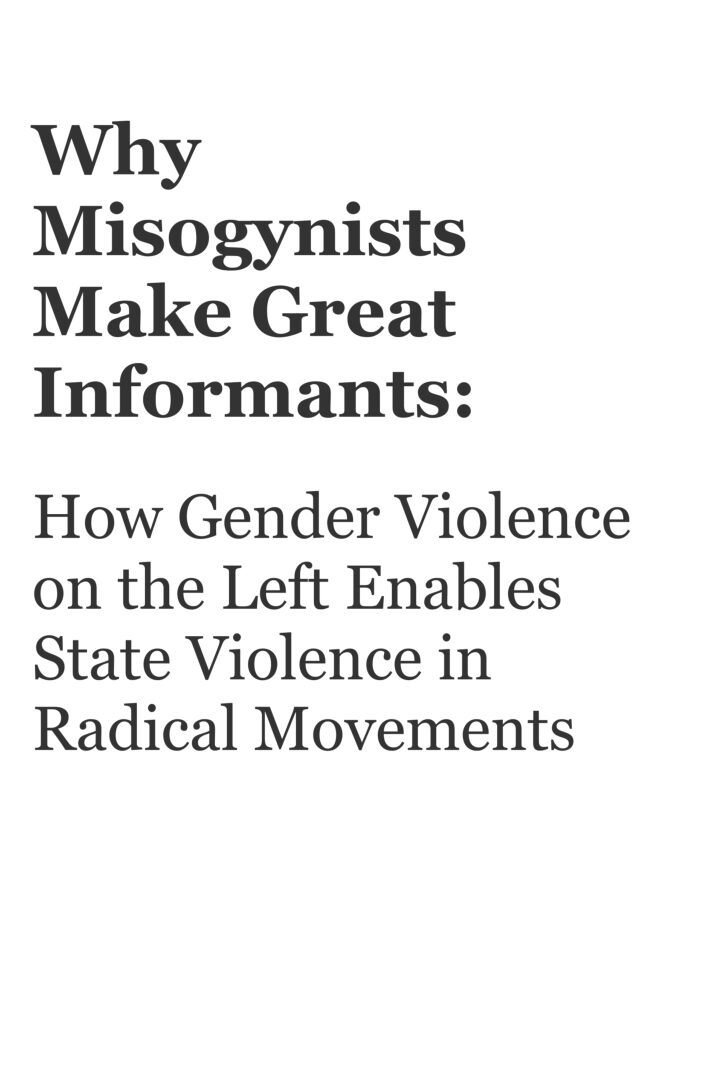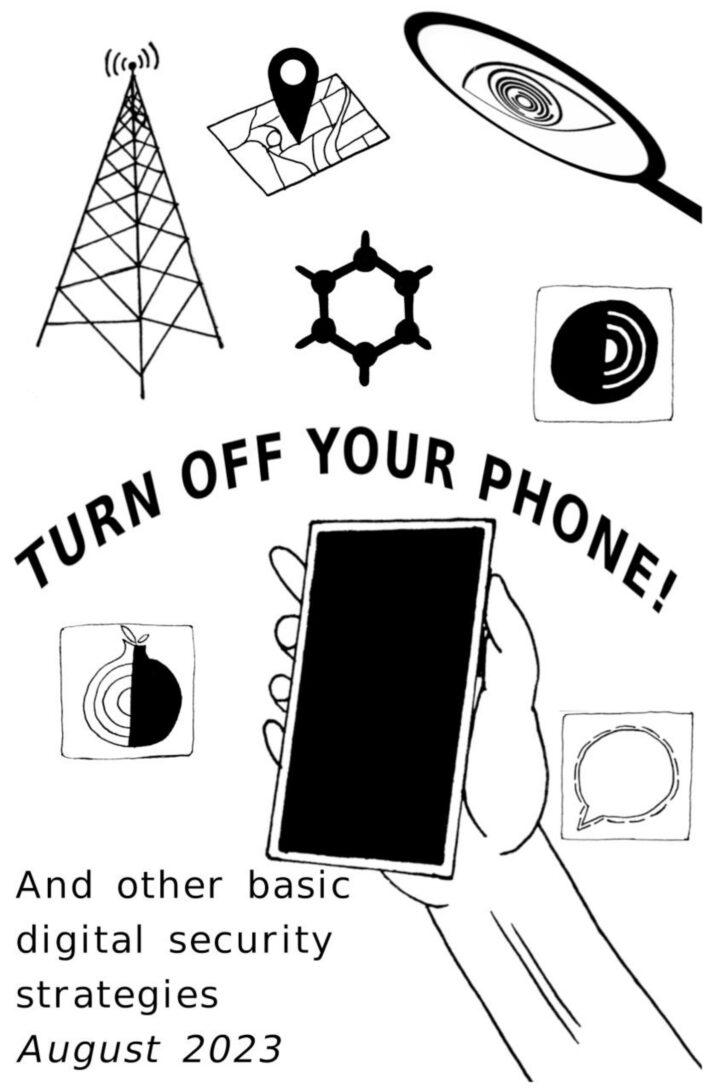Don’t Film, Act
A Call for Confrontation
Your footage will not save anyone, you are not exposing some unknown side of the American cop. We know what the police are, and we know what they do. It’s what they’ve always done. The footage of the murder of Eric Garner didn’t prevent the murder of George Floyd. The footage of the murder of George Floyd didn’t prevent the murder of Tyre Nichols. And the footage of the murder of Tyre Nichols won’t prevent the next cop from killing the next person whose name will be added to a list that has grown so long that its growth is assumed to be inevitable.
In the most unambiguous terms I can muster, whether captured on a body cam or a cell phone, whether amassing retweets on Twitter or opening the hour on the nightly news,
footage will never be able to prevent the violence captured within its frame. Once it has been filmed, you are too late. We are all too late. The moment of potential intervention is gone.
But we don’t have to film.
We don’t have to be passive observers when the violence of
policing breaks out in our proximity.
We can act.




